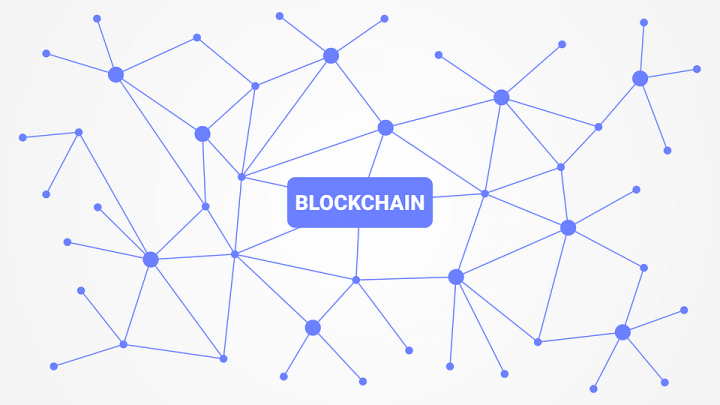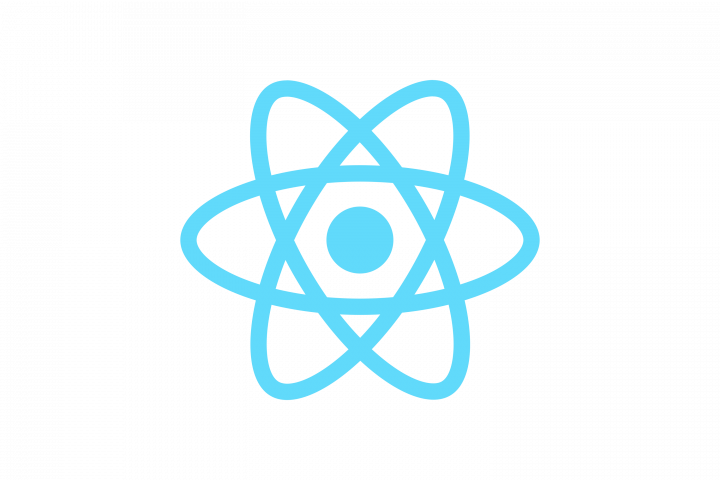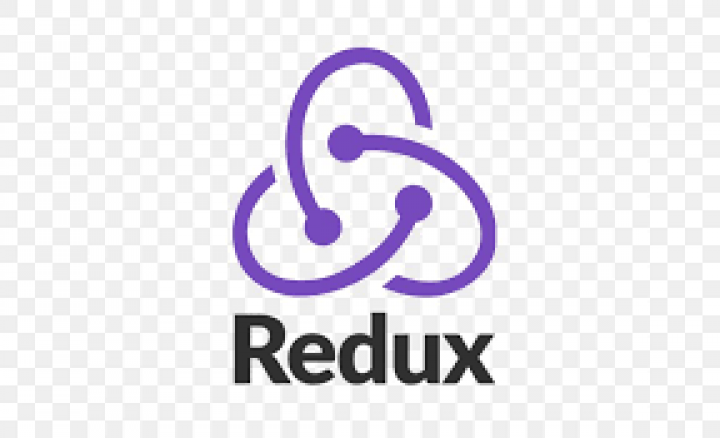Wonder why two unrelated words “block” and “chain” are glued together as a single word and are all over the internet these days? Did you know that the “Block+Chain” is considered one of the most up and coming technologies of the future? Google search requests for the term “Blockchain” is said to have increased by 250% over the period of one year.
What is all this hype about?
Blockchain is a new network and it’s going to help us decentralize trade, allowing us to do a lot of our transactions much more peer-to-peer directly and lower our use of market places or platforms like companies and banks. Just like its name, a blockchain is a chain of blocks that contains information. It is also defined as a peer-to-peer technology that protects the solidarity of a digital piece of information. This technique was originally described in 1991 by a group of researchers and was originally intended to timestamp digital documents so they would not have tampered. It went by mostly unused until it was adapted by Satoshi Nakamoto in 2009 to create the alternative currency, Bitcoin. (It is the first decentralized currency. These are digital coins we can send through the internet from person to person.)
What makes it special?
Everyone uses paper money, when you get a $10 bill, you trust that it is not fake. Instead, if someone sent you an email saying, “here’s 10 dollars”, you probably wouldn’t trust it. But when we transfer money, use an ATM or pay with a deposit card that’s pretty much what we exactly do. We are sending money in a digital message. Blockchain uses personal computers on the internet instead of pushing piles of payment information through a few servers. A system-wide accounting management book called the ledger, copies, and crosschecks all transactions between every computer. You can write new information on the ledger, but the previous information which is stored in blocks cannot be modified. Cryptography is used to link the data on the new block with the preceding block so that any changes made to the previous block would invalidate the contents in all the blocks after it.
Blockchain and Business
The blockchain is the first technology that validates the transfer of digital ownership in a decentralized fashion. This allows transactions to be documented in a permanent decentralized record which can be monitored securely. Blockchain’s striking promise is to do for transparency, what the internet did to media. It expands the trust between two parties; remarkably a big deal in economies with low counterparty trust.
It is foreseeable that Blockchain will hamper many industries like banks, hospitals, financial institutions etc., in the coming years. Blockchain not only allows us to create guarded money online, it lets us protect any bit of information like online identity cards, voter ballots and insurance contracts.
Banks are increasingly investing in blockchain projects and startups. Cambridge Centre for Alternative Finances predicts that about 20% of banks will be globally using the Blockchain by 2019. Blockchain can be used to give access to financial services to billions of people around the world. Bitcoin allows us to send money to anybody across borders almost instantly with a very low fee and saves you from hiring a third party. ABRA is one such startup that is working on Bitcoin-based remittance services. ‘Trust management’ drives the global insurance market. Blockchain is a new way of managing trust and can be used to verify many types of data in insurance contracts like the insured person’s identity. Oracles are used to integrate real-world data with smart contracts. This is very useful for any type of insurance that relies on real-world data. Although the blockchain ledger is public, the data is verified and encrypted using advanced cryptography. This way the data is less vulnerable to hacking and adjustment without authorization. The blockchain eliminates the use of ‘middlemen’ making it more efficient than many legacy systems in cybersecurity.
Healthcare is another industry that relies on legacy systems. One of the problems hospitals face is, the lack of a secure platform to store and share data. Blockchain technology allows hospitals to safely store medical records and share them with authorized doctors and patients. This will improve data security and even help in improving the accuracy of diagnosis. GEM and TIERION are two startups working on this.
Check out How Blockchain Can Revolutionize Healthcare Industry
Samsung and IBM are looking to create a decentralized network of IOT devices using Blockchain. Operating like a public ledger for a large number of devices, it would eliminate the need for a central location to handle communications between them. The devices would be able to communicate directly, update software, manage bugs and monitor energy usage.
These are only a few out of the many wonders Blockchain can do to transform your business. Blockchain is going to become a powerful tool ruling the industries making trade much fairer and trustworthy.




